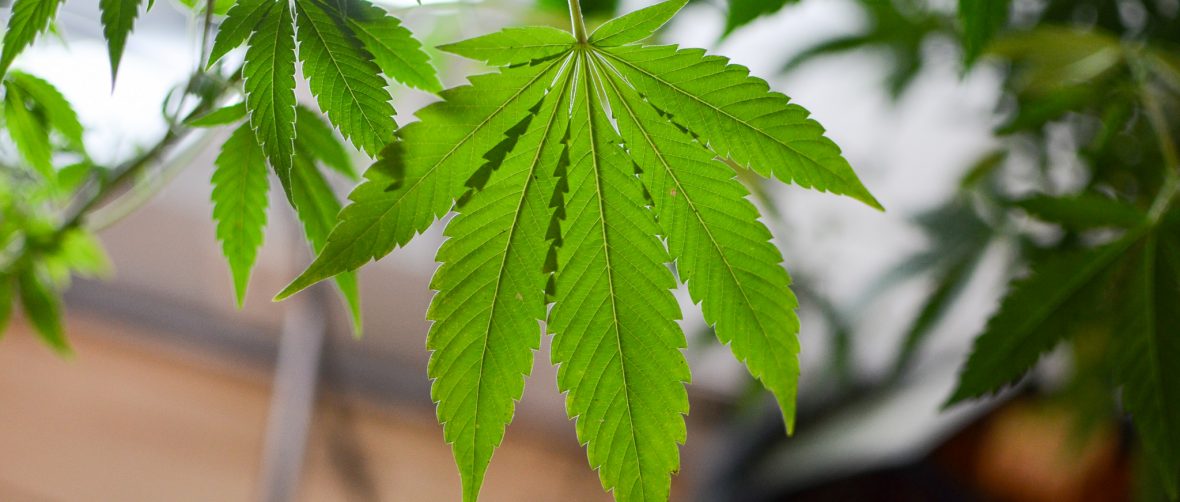Two top federal drug officials, including the White House drug czar, recently said that marijuana legalization should be left up to states.
The comments stand out coming from the Office of National Drug Control Policy (ONDCP), which has historically played a central role in defending blanket federal prohibition.
Jim Carroll, the Trump-appointed drug czar who directs the administration’s drug policies, told Fox 59 reporter Kayla Sullivan that he considers legalization a states’ right issue. He added that he’d like to see targeted education campaigns concerning cannabis use during pregnancy and underage usage as well as research into impaired driving.
It’s a particularly notable position given that federal law stipulates that the drug czar is required to “take such actions as necessary to oppose any attempt to legalize the use of a substance” listed as Schedule I under the Controlled Substances Act, including marijuana.
Even if Carroll’s remarks arguably don’t directly violate that statute, they are significant in that he doesn’t seem to have taken the opportunity to proactively oppose state legalization efforts when asked by a reporter.
Anne Hazlett, senior advisor at ONDCP, also weighed in on cannabis legalization on Wednesday, telling CentralIllinoisProud.com that marijuana legalization is “a state decision.”
“Marijuana is an ongoing challenge that is being addressed in many of our states,” she said. “This is a state decision, and we would like to see additional research done so that these decisions being made at a state level are being made in a manor that is fully informed.”
Though the comments from Carroll and Hazlett seem to reflect an evolving understanding of the federal government’s role in imposing prohibition on the states, the ONDCP director has previously made clear he’s not enthusiastic about the burgeoning legal market.
During a House Committee on Oversight and Reform hearing in May, Carroll raised concerns about THC potency in marijuana products, saying “the marijuana we have today is nothing like what it was when I was a kid, when I was in high school.”
“Back then the THC, the ingredient in marijuana that makes you high, was in the teens in terms of the percentage,” he said. “Now what we’re seeing is twice that, three times that, in the plant.”
He also said that more research is needed and that the Drug Enforcement Administration as well as the Department of Health and Human Services are “working hard to make sure that we understand the impact of legalization of marijuana on the body.”

